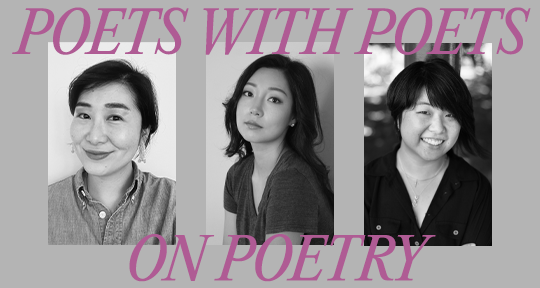In this week of updates from around the world, our Editors-at-Large report on a monumental literary award and an insightful language-focused podcast. From the Nairobi International Book Fair in Kenya to Jennifer Feeley’s advice for emerging translators of Cantonese literature in Hong Kong, read on to learn more!
Wambua Muindi, Editor-at-Large, reporting for Kenya
This year’s Nairobi International Book Fair was held September 25–29, celebrating twenty-five years of bringing together the world’s literatures. On September 28, 2024, the Jomo Kenyatta Prize for Literature 2024 winners were announced at the Westlands Banquet Center. Dedicated to authors writing in English and Kiswahili, Kenya’s official and national languages respectively, this year’s edition marked a comeback after a two-year hiatus due to funding challenges. An important distinction in the local book circuit sponsored by the Kenya Publishers Association, the Jomo Kenyatta Prize for literature has been celebrating Kenyan authors since 1972. This year, Ngumi Kibera’s The Gambler (2021), published by the Oxford University Press, took the adult category in English, and Tony Mochama’s A Jacket for Ahmed (2021) from Oxford University Press took the youth category. In the Kiswahili awards, Daniel Okello’s Kifunganjia (2021) published by Storymoja won the adult category while M.K. Taurus’ Swila Arejea na Hadithi Nyingine, published by Storymoja, took the children’s, and John Habwe’s Mshale wa Matumaini, published by Access Publishers, took the youth category. In addition, the association announced a list of twenty-five notable books and authors in the country over the last two and half decades. Congratulations to the winners and their publishers!



